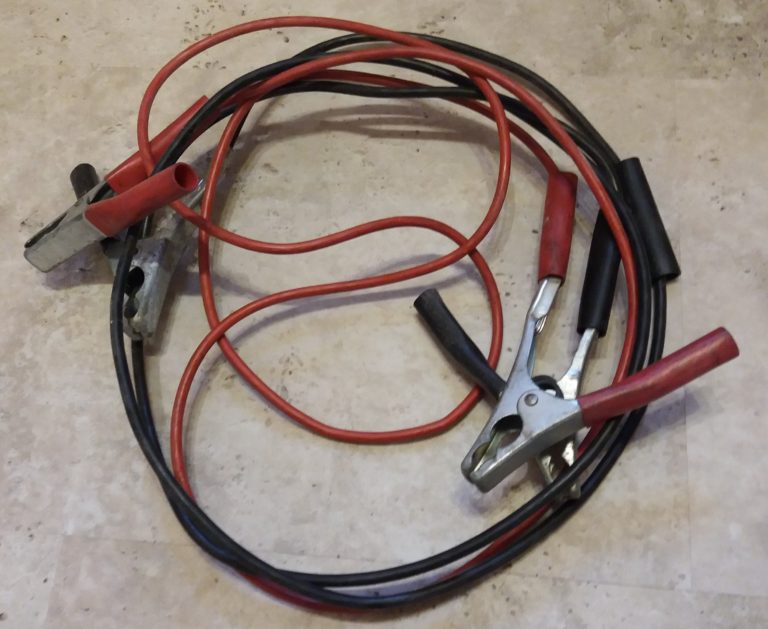How to Cut Your Energy Bills
For older people in particular, energy bills can be one of their biggest expenses. So today I thought I’d set out some ways you can save money on them. Following these tips could save you hundreds of pounds on your annual fuel bills, perhaps even more.
Switch Energy Supplier
This would normally be my top tip for saving money on energy. Due to soaring wholesale prices, however, deals are currently thin on the ground.
Nonetheless, it’s still a good idea to spend a few minutes checking whether you could save money by switching to a different supplier. The quick and easy way of doing this is via a price comparison website. There are a number of these available, but my personal favourite is Energy Helpline [affiliate link].
Just visit this site and enter a few details, including your current supplier and tariff and how much you spend on gas and electricity in the course of a year (it doesn’t have to be exact). The site will then show you the best deals currently open to you and how much you might be able to save by switching to them. In most cases you can also start the switching process by clicking on the relevant link. Before you do, though, it’s worth checking on cashback sites like Quidco and Top Cashback, as some energy companies pay cashback via these sites to people switching their supply to them.
Switching energy suppliers is generally quick and easy, and can save you hundreds of pounds a year at a stroke. Even in these challenging times, it should still be high on your list of potential money-saving measures.
- If you are one of the 1.1 million households who use oil for heating, you can save money by shopping around for suppliers too. Check out the oil price comparison service BoilerJuice. Type in your postcode and how many litres of heating oil you’re looking to buy, and BoilerJuice will show you quotes from suppliers covering your area.
Get Financial Help
If you’re in certain priority groups, you may be able to get cash payments to help offset your energy bills.
Winter Fuel Payment is a one-off annual payment of £100 to £300 made to everyone over a certain age. To qualify this winter, you must have been born on or before 26 September 1955. If that applies to you, this money should be paid automatically, but you can phone the Winter Fuel Payment Centre on 0800 731 0160 if you haven’t received the payment before and need to claim. More information can be found on this page of the government website.
In addition, those on certain welfare benefits (including Pension Credit, Income Support and Universal Credit) may be eligible for Cold Weather Payments. This is £25 for any period of seven consecutive days when temperatures fall below zero. More information can be found on this page of the government website.
Finally, you may be eligible for £140 off your electricity bill under the Warm Home Discount Scheme. This is run by some (not all) of the energy companies. If you get the Guaranteed Credit element of Pension Credit you will qualify automatically. But if you’re on a low income and meet the energy supplier’s other criteria, you may also qualify. See my in-depth article about the Warm Home Discount and contact your supplier directly for more information. The large energy companies such as EDF and British Gas all operate this scheme, but some of the smaller ones don’t.
More Top Tips
Here are some more ways you may be able to save money on your energy bills.
- Have your boiler serviced regularly, to ensure it is operating at peak efficiency.
- If you have an old boiler that keeps breaking down, the time may have come to replace it. The Energy Saving Trust say that you could save up to up to 40 percent on your gas bill by installing a new ‘A’ rated condensing boiler with a programmer, room thermostat and thermostatic radiator controls.
- Upgrading your insulation can also cut bills by reducing the amount of heat going to waste. Depending on your circumstances, you may be able to get a free boiler and/or insulation under the government’s ECO (Energy Company Obligation) scheme. You can apply for this via your energy company. Even if you’re not on a low income, you may be able to get a discount on home insulation, so it’s worth checking to see what’s available.
- If your radiators aren’t heating up properly at the top, you may need to bleed them to release air in the pipes. Depending on the radiator, you may need a special key to do this or a flat-bladed screwdriver.
- Turn down your thermostat by one degree - this can reduce your heating bill by as much as 10%.
- Replace old light-bulbs with new energy-saving bulbs. The latest LED bulbs are just as bright as old incandescent bulbs and use a tenth of the energy. They last longer too.
- Exclude draughts with heavy curtains and draught excluders by doors.
- Turn off heaters in rooms you aren’t using and close the doors.
- Don’t leave electrical appliances on standby.
- Wash clothes at 30 degrees and try to avoid using tumble driers. Hang washing outside to dry whenever possible.
- Get a smart meter installed. The energy companies are fitting these free at the moment. They are great for seeing when and where you are spending money on energy and identifying ways you could save money as a result.
- If your funds are limited and you have or develop a disability you may be able to get a Disabled Facilities Grant (DFG) from your local authority to pay for adaptations such as stairlifts.
By taking these steps you should be able to cut your energy bills significantly over the course of a year.
If you have any comments or questions about this post, as always, please do leave them below.








